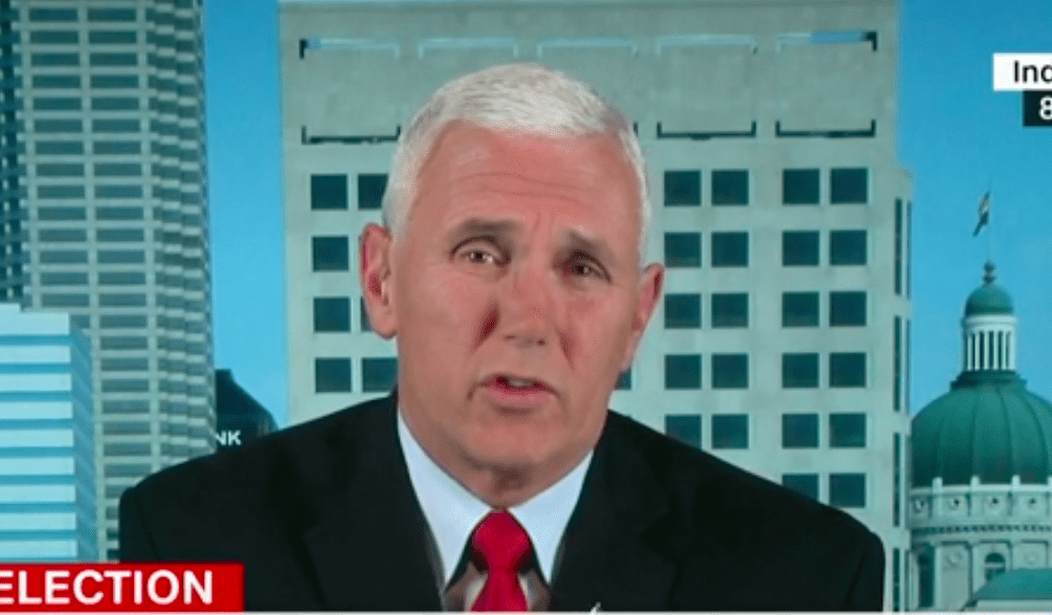On Monday I returned to my wife and kids from a work trip spanning two weekends and the week between them. On Tuesday I resumed prepping for my next trip, a tour I am leading in Boston, Cambridge, and Concord, Massachusetts. At some point during our eight-day adventure, I will tell the 84 pilgrims in my charge that John and Abigail Adams’ home in Quincy stands just a short ride down the Red Line. To us it will be closed for the season, but red-blooded Americans hardly need to venture to Quincy to appreciate the Adams’ contribution to our republic. Everyone will nod, and some will yawn, until I drop a fact that always stops people in their tracks: John and Abigail spent more days of their marriage away from each other than with each other. For long stretches, the Atlantic Ocean separated them as John sought funding for his young country from France and the Netherlands, and filled posts such as America’s first ambassador to King George III. (His first audience with the king deserves a read on page 336 of McCullough’s biography.)
Fans of the book, or of the 2008 HBO miniseries starring Paul Giamatti and Laura Linney, know that John was not just an imperfect father, but in some ways a deeply flawed one. Without judging him by present-day standards, modern readers and viewers can at least suspect certain qualities: say, his clear favoritism for John Quincy, or (and despite) his iron-willed control over the same son’s early career, or his emotional barriers that probably contributed to his son Charles’ spiral. (He died in 1800 from alcohol poisoning.) Certainly John Adams’ long absences contributed to the physical hardships his family endured without him. His absences also put a tremendous strain on his relationships with his wife and children.
But here, many Americans — upright family people, who value family above all else — tend to slip. In our patriotic praise of John Adams and the other founders, we lump their families onto the altar of what every good patriot should sacrifice, if his country should demand it of him. There is a term for this thinking: hypocrisy. Some Americans, including staunchly conservative family people, have vented their hypocrisy toward Wisconsin Congressman Paul Ryan as he prepares to seek the House Speaker’s gavel. As Opportunity Lives editor Ellen Carmichael wrote:
When disclosing his consideration of the position to the House Republican Conference earlier this week, Ryan, who has three small children, explained that he would not take the job if it meant spending every weekend away from his family in Janesville. The media irresponsibly spun this as an unusual demand from a candidate for Speaker, ignoring the fact that Ryan was only grudgingly seeking the post at the request of his fellow Republicans and that if he were to run, it would be a condition of his Speakership, not a demand he made of his colleagues. …
Perhaps the most rabid in her critique of Ryan was talk show host Laura Ingraham, who has often enthusiastically praised the congressman and has even invited him on her program several times. Over the past few days, the mother of three has tweeted dozens of times regarding her contempt for Ryan, emphasizing how his “demand” to have weekends with his family was inappropriate. She even compared him to George Washington and John Adams, saying that these two American patriots left their families for years at a time and that if Ryan loved his country, he’d be willing to make sacrifices.
But hold on, America. Our willingness to jettison family values in extreme cases such as John Adams’, and now in Paul Ryan’s, is unfounded. “But if he had saved his family, we wouldn’t even have a country in which to raise our families,” we may say. “We might not even exist.” Maybe not — but maybe so. We have zero possibility of knowing which of Adams’ sins as a father — whether sins of commission or omission — might have tipped the scales for his marriage and children.
The same hypothetical exercise that says Adams had to choose between Country and Family allows for any number of other hypotheticals. Perhaps Adams could have invested well in both. It’s entirely possible that his real choice was between Country & Family on one hand, and Country & Broken Family on the other. In fact, this likely was the choice he faced. After all, his prolonged and repeated absences comprised just one of his downfalls as a dad. He committed his other failures when he was present — i.e., not when he was off serving his country.
I imagine that most fathers, including Ryan, and certainly myself, tend to fail at the same place — their homes, when they are present. To drill a “public service loophole” into our family values framework — giving dads an excuse to spend more time away, or to bring more work home — would be an additional failure. And a superfluous one. Maybe it’s because I associate with workaholics (it takes one to know one), but most dads I know don’t need another reason to push their families to the margins. Asking our national leaders to marginalize theirs is a hypocritical mistake. Or, in Carmichael’s language that Adams might have appreciated: “The circular firing squad on the Right is especially unhelpful.”










Join the conversation as a VIP Member